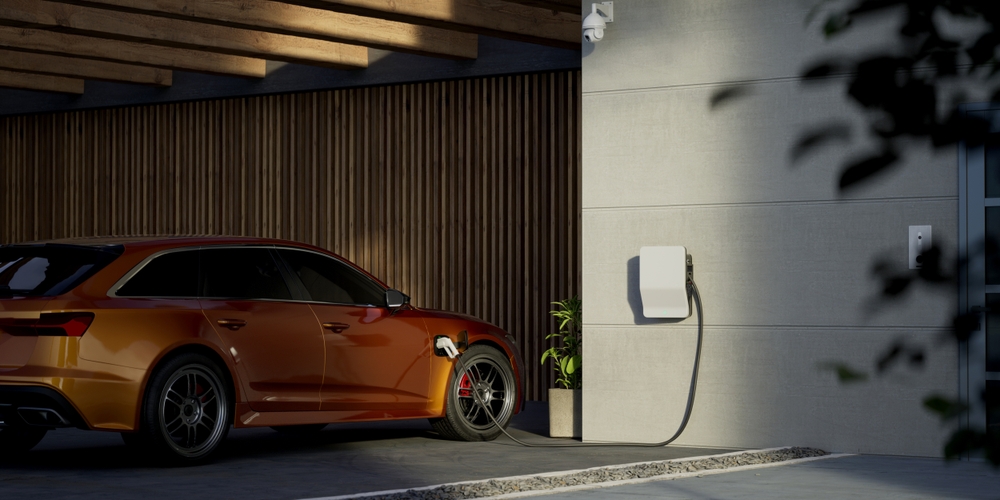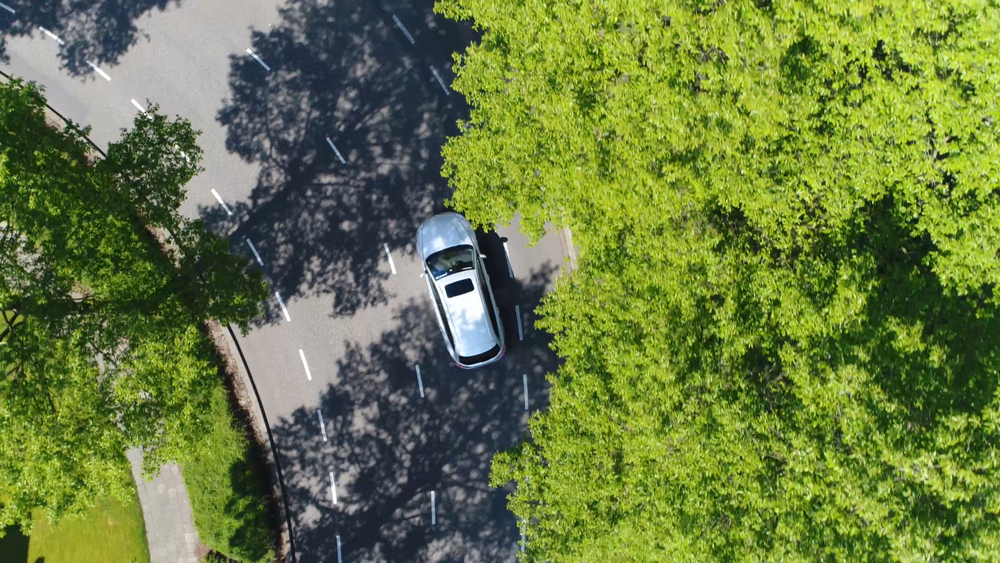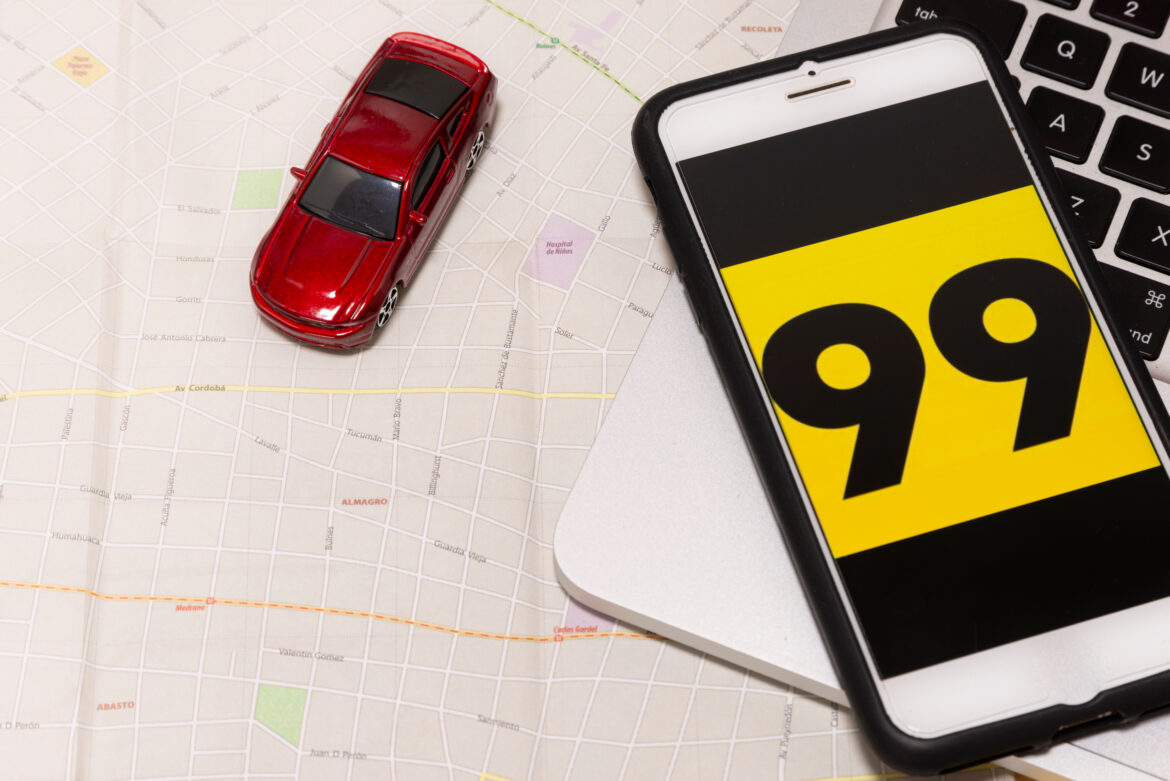Introduction:
In an era marked by growing environmental concerns and the need for sustainable transportation solutions, Brazil’s ride-hailing app, 99, is taking a bold step towards reducing its carbon footprint. With plans to double its fleet of electric cars within a year, the company is spearheading efforts to promote eco-friendly mobility options and contribute to a cleaner, greener future. In this blog, we delve into 99’s ambitious initiative, exploring its significance, challenges, and potential impact on Brazil’s transportation landscape.
The Shift Towards Electric Mobility:
As the world grapples with the adverse effects of climate change and urban pollution, the transportation sector has come under scrutiny for its significant contribution to carbon emissions. In response, governments, businesses, and consumers are increasingly turning towards electric vehicles (EVs) as a cleaner and more sustainable alternative to traditional gasoline-powered cars. Electric mobility offers numerous benefits, including lower greenhouse gas emissions, reduced air pollution, and decreased dependence on fossil fuels. Moreover, advancements in battery technology and infrastructure have made EVs more practical and accessible, driving their adoption worldwide.

99’s Commitment to Sustainability:
Brazil’s ride-hailing giant, 99, has emerged as a pioneer in promoting sustainable transportation solutions in Latin America. With a presence in over 1,600 cities across Brazil, the company plays a significant role in shaping the country’s mobility landscape. In line with its commitment to sustainability, 99 announced plans to double its fleet of electric cars within a year, signaling a major investment in eco-friendly mobility options. By expanding its electric vehicle offerings, 99 aims to provide passengers with more sustainable transportation choices while contributing to efforts to combat climate change and reduce air pollution.
Challenges and Opportunities:
While 99’s initiative to double its fleet of electric cars is commendable, it also poses several challenges and opportunities. One of the main obstacles is the availability of charging infrastructure, particularly in cities where EV adoption is still relatively low. To address this issue, 99 will need to collaborate with local governments, utilities, and private partners to expand the charging network and ensure convenient access for drivers. Additionally, the high upfront cost of electric vehicles compared to traditional cars remains a barrier to widespread adoption. However, incentives such as tax breaks, subsidies, and lower operating costs can help offset these expenses and make EVs more attractive to drivers.
The Potential Impact:
By doubling its fleet of electric cars, 99 has the potential to make a significant impact on Brazil’s transportation sector and the environment. The switch to electric mobility will lead to a reduction in greenhouse gas emissions and air pollution, improving the quality of life for residents in urban areas. Moreover, electric vehicles are quieter and produce fewer vibrations than traditional cars, leading to a more pleasant and comfortable ride experience for passengers. Additionally, 99’s commitment to sustainability is likely to resonate with consumers who are increasingly prioritizing eco-friendly brands and services.
The Road Ahead:
As 99 embarks on its journey to double its fleet of electric cars, the company faces both opportunities and challenges on the road ahead. Collaborating with stakeholders to expand charging infrastructure, offering incentives to drivers, and raising awareness about the benefits of electric mobility will be crucial steps in achieving its sustainability goals. Moreover, 99 can leverage data analytics and technology to optimize its operations, improve driver efficiency, and enhance the overall passenger experience. By staying committed to its vision of sustainable transportation, 99 has the potential to drive positive change and shape the future of mobility in Brazil and beyond.

Conclusion:
Brazil’s ride-hailing app 99’s plans to double its fleet of electric cars within a year marks a significant milestone in the transition towards sustainable transportation solutions. By investing in electric mobility, the company is not only reducing its carbon footprint but also setting an example for others in the industry to follow. As electric vehicles become increasingly mainstream, 99’s commitment to sustainability will play a crucial role in shaping the future of mobility and contributing to a cleaner, greener planet for generations to come.

